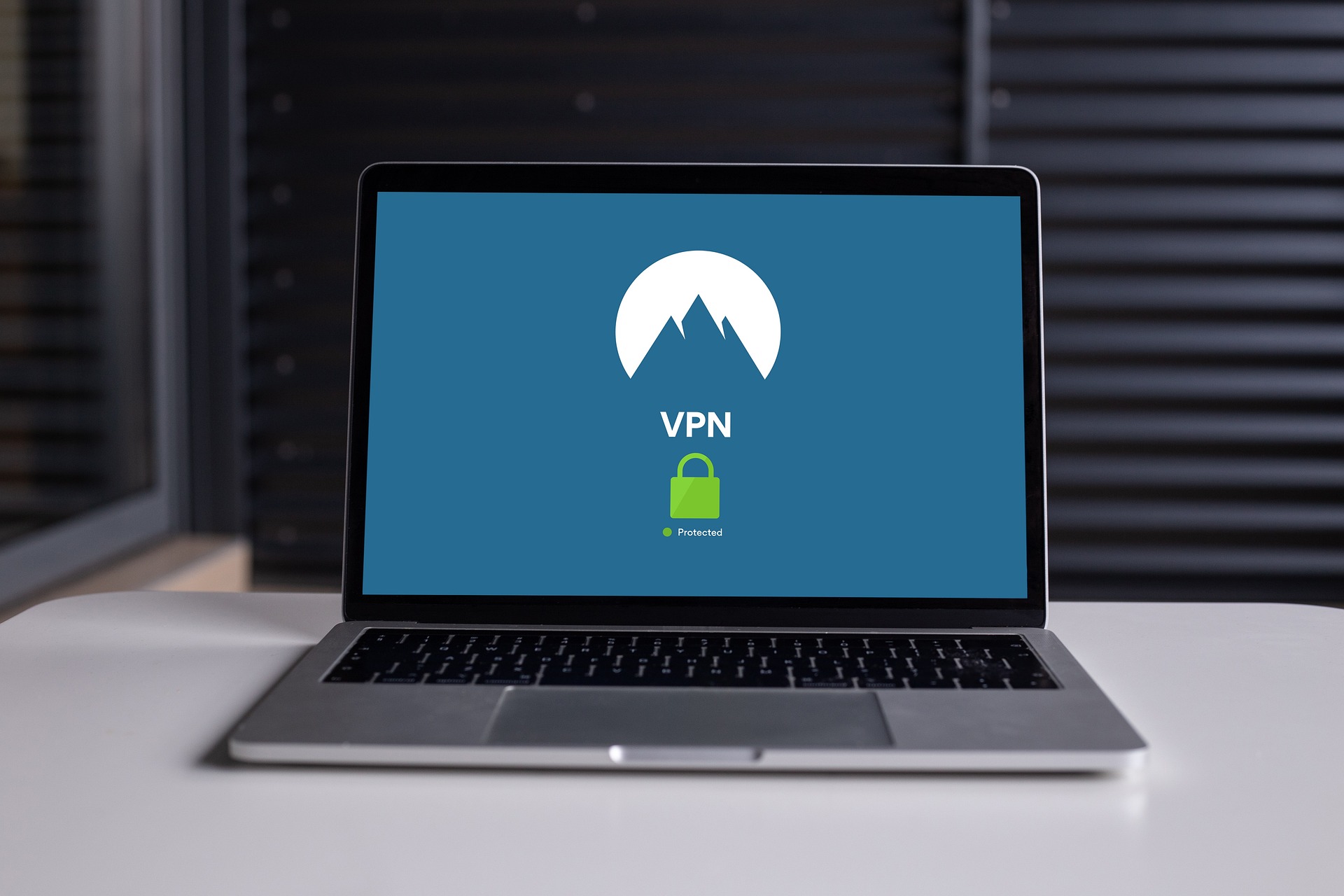Prosecutors Voice Concern Over Bankman-Fried’s Use of VPN

US prosecutors have expressed concern over Sam Bankman-Fried’s use of a Virtual Private Network (VPN) to access the internet while under house arrest.
In a letter to U.S. District Court Judge Lewis Kaplan on Monday, the U.S. Attorney’s office in New York said they have noticed that the former FTX boss used a VPN on January 29 and February 12. Judge Kaplan is overseeing the government’s case accusing Bankman-Fried of multiple felonies tied to FTX, including fraud, conspiracy, and money laundering.
A VPN hides a user’s IP address, letting people stay private while using the internet. The government lawyers said this could be problematic in SBF’s case because it conceals the websites he visits, disguises his whereabouts, allows access to web content otherwise inaccessible in the U.S., and allows for undetectable data transfers and access to the dark web.
“In other words, the internet service provider or third parties (like the government) cannot see which websites a user is visiting or what data is being sent and received online,” prosecutors wrote.
SBF’s lawyers have reportedly said the disgraced crypto boss did not use VPN for any bad purpose. “[O]ur client used the VPN to access an NFL Game Pass international subscription that he had previously purchased when he resided in the Bahamas, so that he could watch NFL playoff games,” they wrote in a separate letter to Judge Kaplan.
SBF’s Communications Saga Continues
Last week, Judge Kaplan banned SBF from using messaging apps that auto-delete texts. The move came after prosecutors claimed that the disgraced crypto boss tried to influence some potential witnesses of his trial via encrypted messaging software Signal.
At the time, the government lawyers said SBF has been in contact with “current and former FTX employees.” Citing fears of possible witness tampering, prosecutors have asked the court to ban SBF from using the messaging platform, saying it is essential in order to “prevent obstruction of justice.”
Back in January, the US Department of Justice opposed FTX hiring Sullivan & Cromwell, the law firm currently tasked with the exchange’s investigation, citing potential conflicts of interest.
That is because Miller, general counsel of FTX US, previously worked at S&C for eight years. The DOJ said the investigation would place the law firm “in the conflicted position of investigating itself and its former partner.”
FTX and its group of crypto companies filed for Chapter 11 bankruptcy in early November. Sam Bankman-Fried, the disgraced founder of FTX, was later arrested in The Bahamas after US prosecutors formally filed criminal charges against him. He was eventually extradited to the US where he was released from jail after posting a $250m bond in a New York court.
The DOJ has filed eight criminal charges, including wire fraud, money laundering, securities fraud, commodities fraud, and conspiracy to violate campaign finance laws against the disgraced crypto boss.
The Commodity Futures Trading Commission also charged SBF with civil charges for fraud and said Bankman-Fried, FTX, and Alameda Research caused the loss of over $8 billion in customer deposits. The Securities and Exchange Commission has brought similar charges.
On Monday, a New York judge put cases against SBF brought by the SEC and the CFTC on hold, prioritizing the criminal cases against the crypto boss. He argued that the outcome of the criminal case would likely affect what issues remained in the civil cases.




